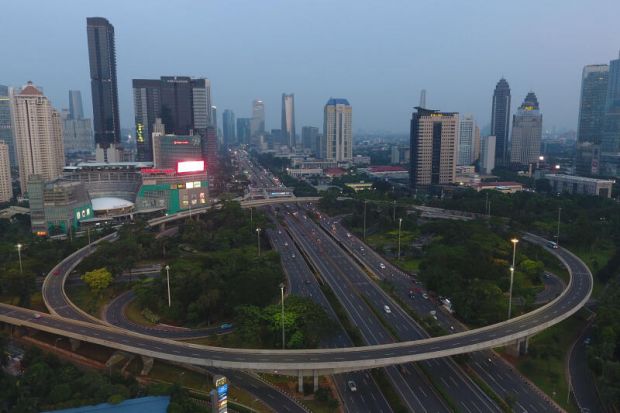Firms in Indonesia opting for debt over equity fundraising
THE true action in Indonesia still lies in the debt capital markets, as a double-digit number of public listings in the first four months of 2020 masked a year-on-year fall in the amount of equity funds raised.
The Covid-19 pandemic has otherwise taken a toll on companies’ ability to scrounge up cash, as initial public offering (IPO) sizes and merger and acquisition (M&A) deal values shrank on year.
More than 98 per cent of the capital raised in Indonesia from January to April came in the form of debt – mostly bonds, but also syndicated loans – according to capital markets data from Bloomberg.
Indonesian bond issues came up to US$15.3 billion for the four months – more than double the US$7.2 billion in the year-ago period – with Bloomberg’s regional data head, Vatsan Sudersan, citing “liquidity tightness among Indonesian local banks” as a possible reason.
Bloomberg data showed that the loan-to-deposit ratio of the five biggest Indonesian banks by total assets has increased steadily from an average of 90 per cent in early 2017, to 97 per cent as at end-2019 – higher than the comparable ratios at Malaysia and Singapore lenders.
Meanwhile, Indonesia’s 26 IPOs launched in the January-to-April period this year dwarfed the number of listings on other South-east Asian bourses, such as Malaysia’s eight and Singapore’s six.
But these Indonesian IPOs were valued at an average of just US$10 million each, compared with US$36 million in the same period last year.
The equity capital market raised US$272 million altogether in the four months, less than half of the US$550 million a year ago. The drop now puts Indonesia on track, by run rate, to see its lowest amount of equity capital raised since the global financial crisis in 2009.
As for M&A activity, the country’s total deal count held steady in January to April despite a 93 per cent slump in volume in the financial sector, although deal value fell by 61 per cent to some US$2.9 billion.
Said Mr Sudersan: “The next few months will likely continue to be challenging for Indonesian companies as they grapple with the economic fall-out from Covid-19.”


 English
English




